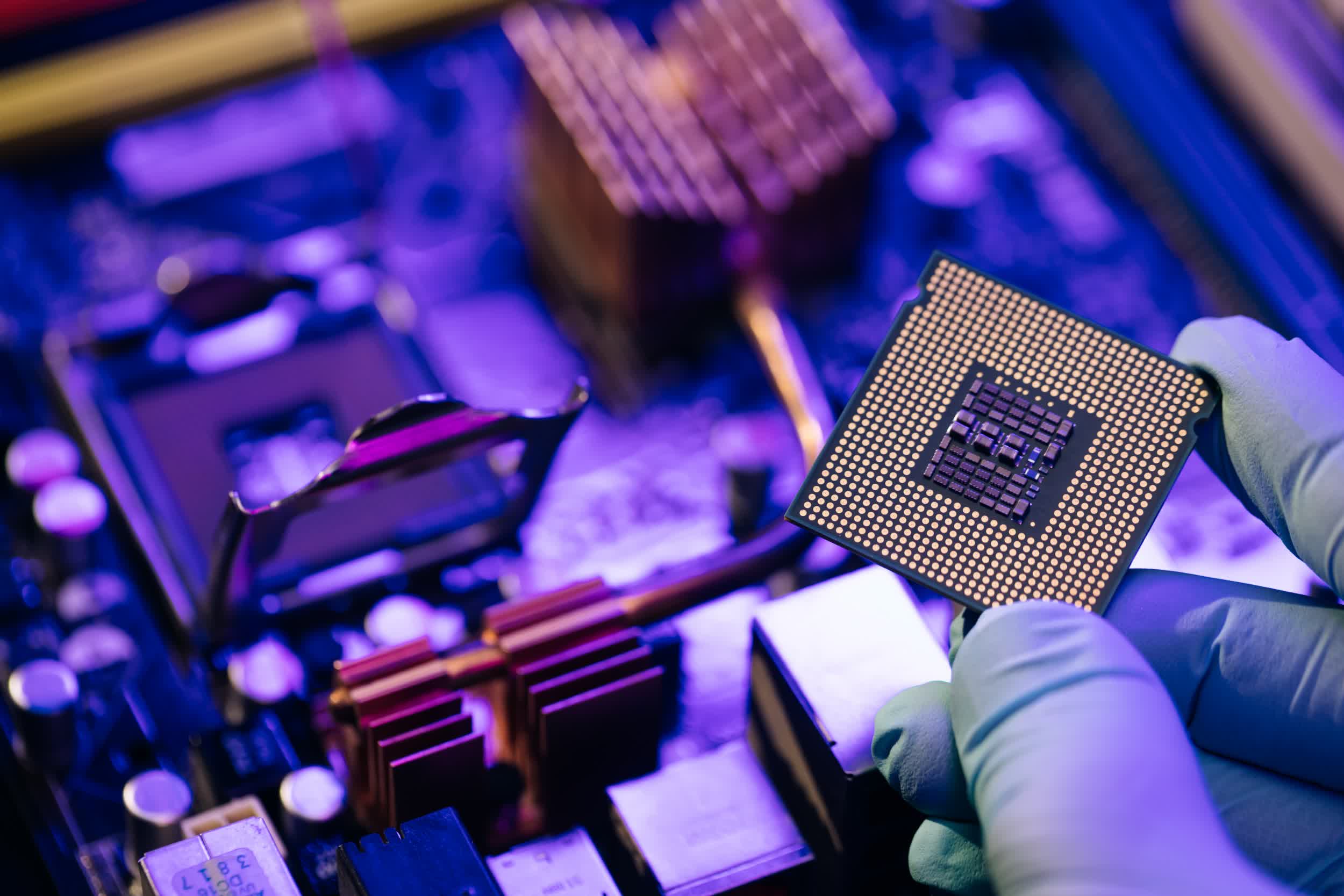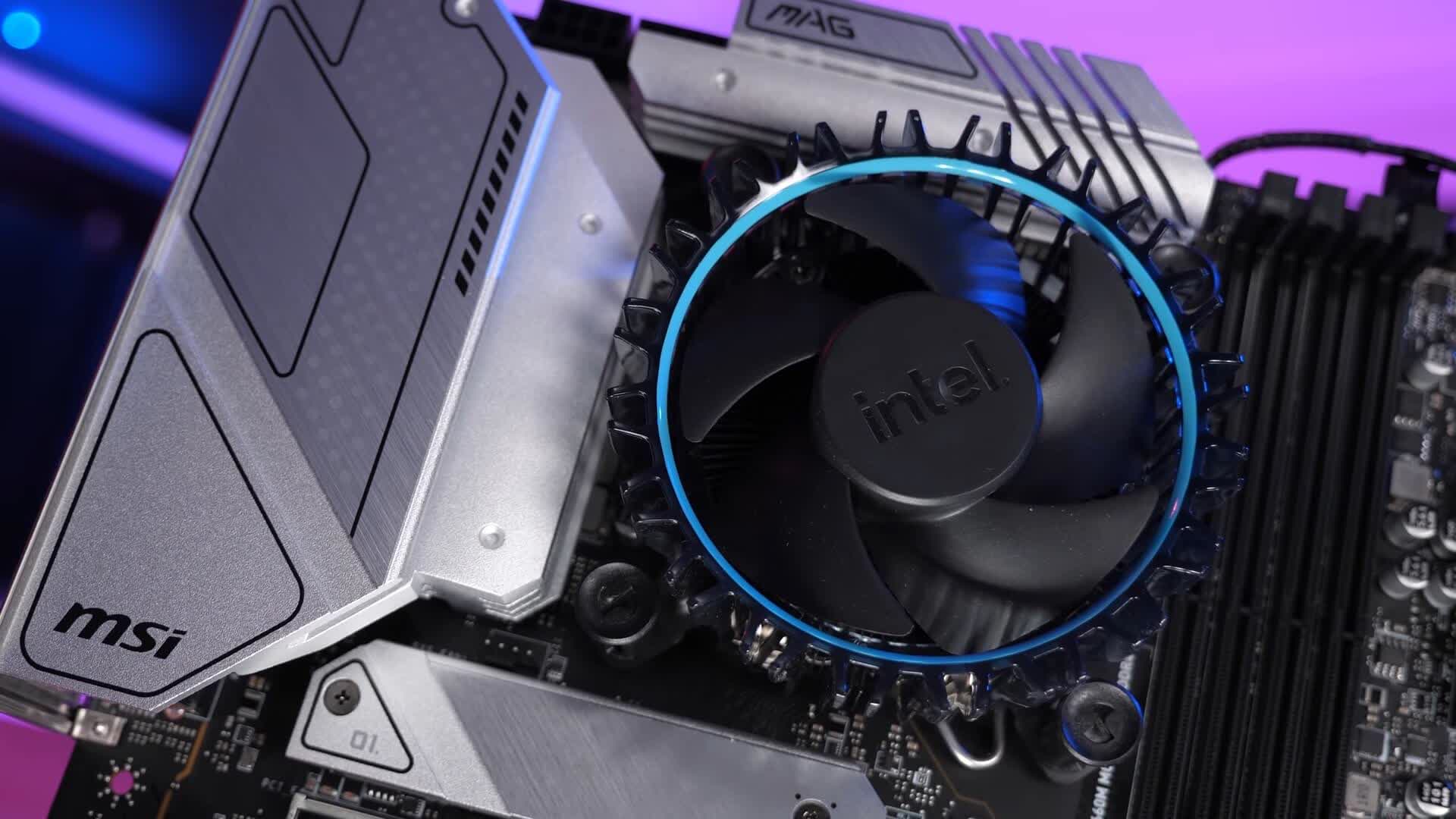In brief: Some hardware enthusiasts were no doubt thrilled to learn earlier this month that non-K Alder Lake CPUs can be overclocked when paired with the right motherboard. Intel, it seems, isn’t as happy about the development.

The chipmaker told Tom’s Hardware that its 12th Gen non-K processors were not designed for overclocking, adding that the company does not warranty the operation of these chips beyond their specifications. Intel further noted that altering clock frequency or voltage may damage or reduce the useful life of the CPU or other system components, and could reduce system stability and performance.
Overclocker der8auer discovered a setting in the BIOS of his Asus motherboard when a non-K CPU was installed that unlocked BCLK (base clock) frequency manipulation. Using it, he was able to squeeze a 57 percent overclock out of a Celeron G6900 processor without too much effort.

It’s not all that practical to pair an expensive motherboard with a dirt cheap CPU, but for overclockers, it’s often the thrill of the hunt that gets their juices going. Pushing a chip well beyond what it was designed to do is enticing for some, even if the end result can't compete with many-core CPUs.
der8auer said in a recent forum post that at least one big motherboard maker is working on a B660 board with DDR4 support and non-K overclocking. Non-K overclocking might not be a big deal now as it is limited to expensive motherboards, but if cheaper boards start adding the feature, Intel might have reason for concern.
Tom’s said the BCLK unlock functionality might have come from an error in Intel’s microcode. If true, we wouldn’t be surprised to see the chipmaker patch it out in future updates.
https://www.techspot.com/news/93105-intel-speaks-out-against-12th-gen-non-k.html